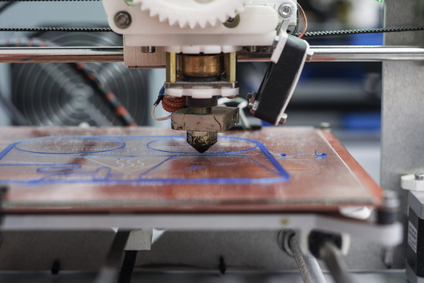One of the best resins of the styrene family, ABS (Acrylonitrile Butadiene Styrene) is widely used in the automotive industry and in the manufacture of electrical and electronic equipment. The increased utilization of ABS Resin plastic means that there would be substantial volumes of material which would need to be recycled at the end of life of these products. Research studies focused on the impact of reprocessing on the physical and mechanical properties of ABS products have shown minimal impact therefore establishing the benefits of ABS Resin plastic as an easy to recycle material.
ABS is a common thermoplastic resin which guarantees high rigidity, durability, dimensional stability and excellent chemical resistance. The high quality features of ABS resin can be attributed to its composition where it brings in the strength and durability of Acrylonitrile along with the toughness of butadiene rubber. It also allows a wide range of modifications to its composition which allows to improve its impact resistance, heat resistance and toughness.
Some of the most common and well known features of ABS Resin includes:
- Excellent ductility
- High Impact strength
- Extremely tough and rigid
- Dimensional stability
- High tensile strength
- Heat and chemical resistance
- Electroplatable
- High and low temperature performance
Although there are several benefits associated with the use of ABS Resin, there are certain limitations as well like its poor solvent resistance, poor weather ability and heavy generation of smoke when burnt.
There are huge variations possible with ABS Resin, however the most common variations of ABS material includes General Purpose ABS, High Impact ABS, Low Viscosity ABS, Plate-able ABS, ABS FR and many more. The modifications of its properties is possible with the use of additives, modifiers and reinforcing agents.
ABS plastics are largely used for mechanical purposes and in the automotive industry, however it also boasts good electrical properties which show minimal impact with temperature and humidity changes.
The two most common reprocessing or recycling process used for ABS products include mechanical recycling and solvent based process. Several research studies and experiments have proved that the microstructure of ABS resin is not affected by the recycling process. For painted parts, it is usually recommended to use the solvent based recycling process to ensure minimal butadiene loss.
Known for its medium strength and performance at affordable pricing, ABS Resin is commonly used for injection molding applications. The mechanical properties of ABS Resin plastic makes it ideal for drilling, turning, die-cutting and shearing. It also possesses excellent creep resistance, abrasion resistance and electrical properties, thereby making it one of the most widely used resins ever. Because of its great versatility, ABS Resin is used in a wide variety of applications. The three components used in the manufacture of ABS resin are combined by different methods which involves polymerization, combinations and physical mixtures.

